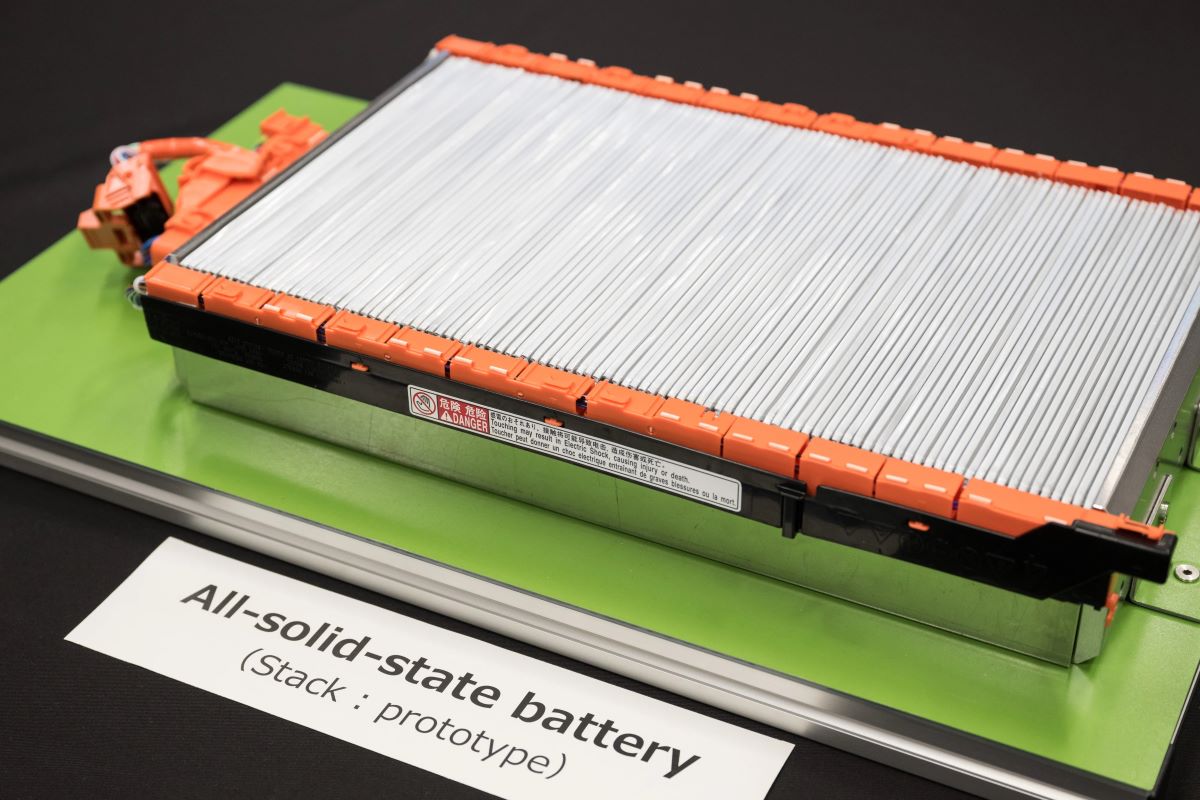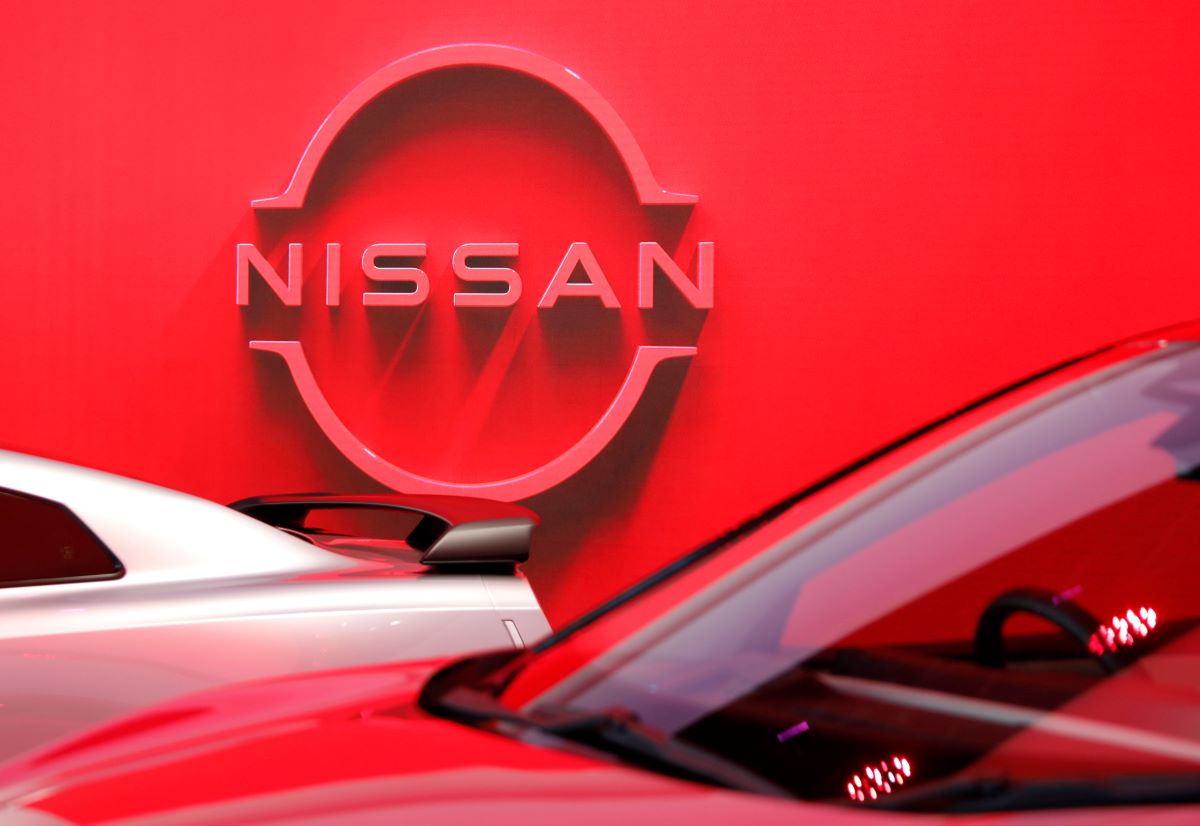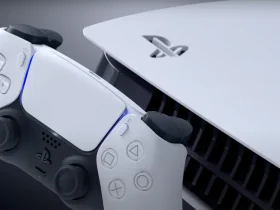Japan has revealed a significant $2.4 billion subsidy package to boost its electric vehicle (EV) battery production capabilities, supporting key projects by industry giants Toyota, Nissan, and Panasonic.
This initiative is designed to fortify Japan’s battery supply chain and enhance its global competitiveness as the shift toward electrification gains momentum.
According to Ken Saito, Minister of Economy, Trade and Industry, the government will fund 12 projects focused on storage batteries, parts, materials, and production equipment.
The aim is to increase Japan’s annual battery production capacity by 50%, raising it from 80 gigawatt-hours (GWh) to 120 GWh, thereby strengthening Japan’s position in the EV market.
Toyota is among the recipients of this subsidy and plans to invest approximately 245 billion yen through its battery subsidiaries, Prime Planet Energy & Solutions and Primearth EV Energy.
This investment will boost production capacity for solid-state and prismatic batteries by 9 GWh.
Toyota expects to begin supplying these batteries by November 2026, with new battery plants set to be established in Hyogo and Fukuoka prefectures.

Nissan is also set to receive government support to develop lithium-iron-phosphate (LFP) batteries, targeting a domestic production capacity of 5 GWh per year by 2028.
These batteries will be used in mini-vehicles, and Nissan is expected to receive up to 55.5 billion yen in subsidies to help finance the project.
In addition, Panasonic, a key supplier for Tesla, is partnering with Subaru to build a new plant in Gunma, dedicated to producing cylindrical lithium-ion batteries.
The partnership aims to achieve a production capacity of 16 GWh by 2030, with operations slated to begin in 2028.
Panasonic will also start supplying batteries to Subaru from a plant in Osaka by 2027. The combined investment for these ventures is projected at 463 billion yen.
This new round of funding follows Japan’s earlier subsidy package of nearly $1 billion in June 2023, demonstrating the country’s growing commitment to bolstering its battery production capabilities.
With these substantial investments, Japan seeks to strengthen its EV battery industry, decrease reliance on foreign suppliers, and secure its role as a key player in the global electric vehicle market.







Leave a Reply